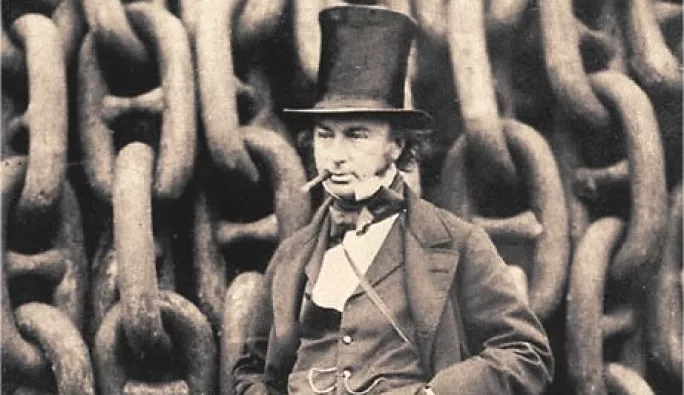More than one in 10 of the UK population named Isambard Kingdon Brunel when asked to choose a famous woman scientist, highlighting the desperate lack of female role models in the subject, according to a poll.
A staggering 12 per cent of people picked the Victorian engineer as their choice of female scientist, while 68 per cent of respondents named Marie Curie as a famous and still-living woman scientist or engineer, despite her being dead for over 80 years.
The YouGov poll questioned nearly 3,000 people and was conducted on behalf of ScienceGrrl, a pressure group aiming to boost the take up of science, technology, engineering and maths among girls.
The survey coincided with the release of a new report from ScienceGrrl, called Through Both Eyes, which draws attention to the cultural hurdles facing girls when it comes to their subject choices.
The study emphasised the fact the UK has the lowest proportion of female engineers of any of the EU member states. The percentage of girls taking A level physics has been stagnant for 20 years, it adds.
Anna Zecharia, director of ScienceGrrl and a neuroscientist at Imperial College London, said the shocking responses to the questionnaire revealed the wider population perceived science as being both “male and masculine”.
“It all comes back to how much relevance there is to girls when it comes to Stem subjects,” Dr Zecharia said. “Girls who do go into science tend to have that connection already there, through family or similar, but we need more role models in all parts of life, from TV to the classroom.”
Among the report’s recommendations was the call for teachers to highlight the work of female scientists in the curriculum, and a demand for a “diversity review” of the national curriculum in areas such as pedagogy and assessment.
The paper also calls for better and more focused training to limit unconscious biases among teachers, which might have an impact on the decision girls have in school.
“There is a huge amount of creativity and value in a career in science,” Dr Zecharia said. “There needs to be real collaboration between all different areas, from gender-specific toys, to the careers women play in soap operas. Too often people don’t know where science can take them.”
Women in science: Resources and videos
TES Science Week: Women in science live chat (replay)




